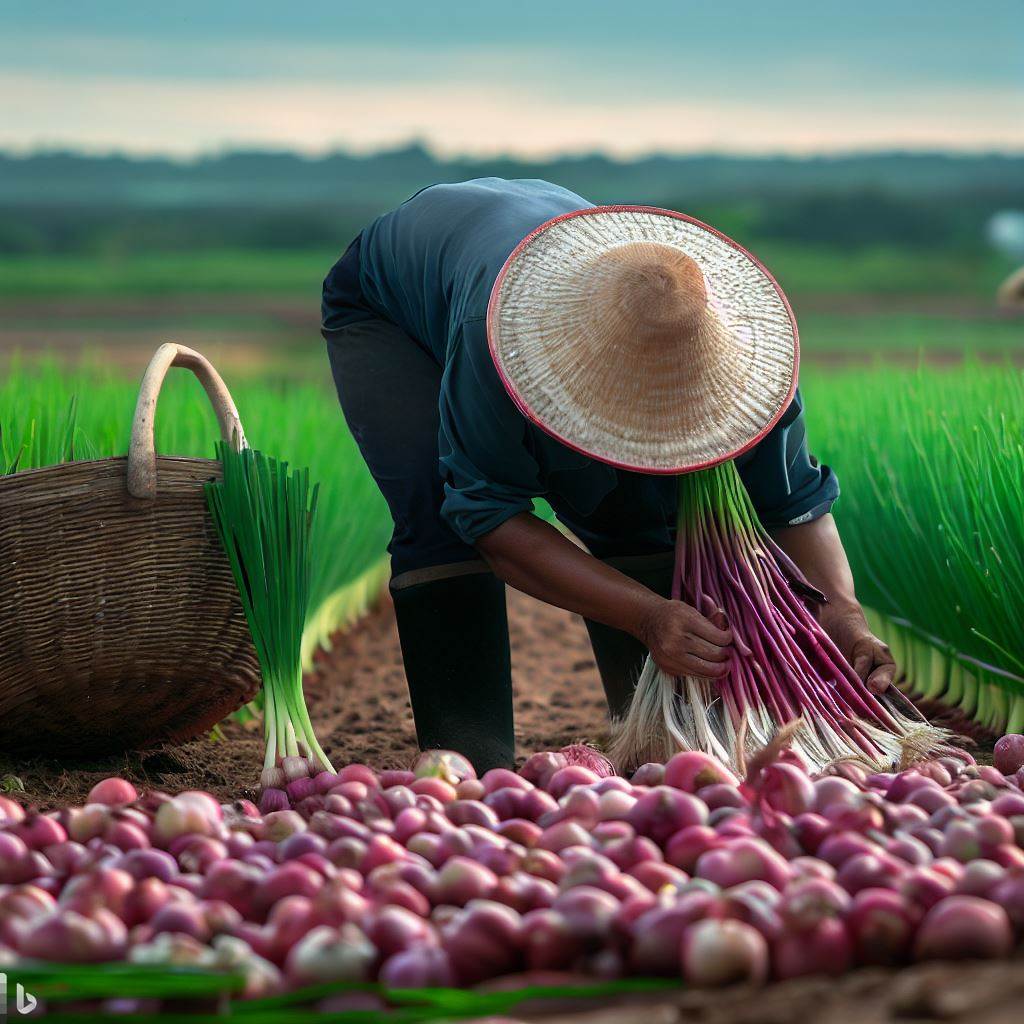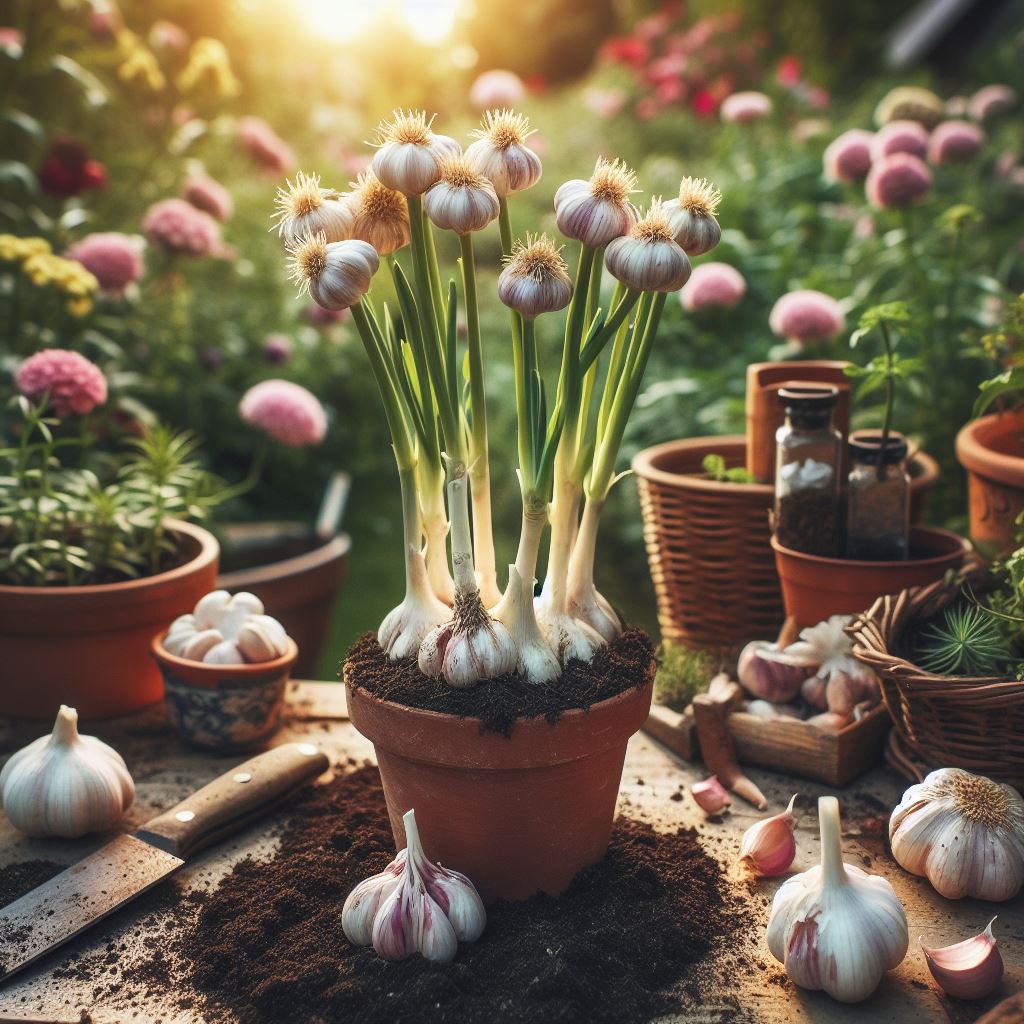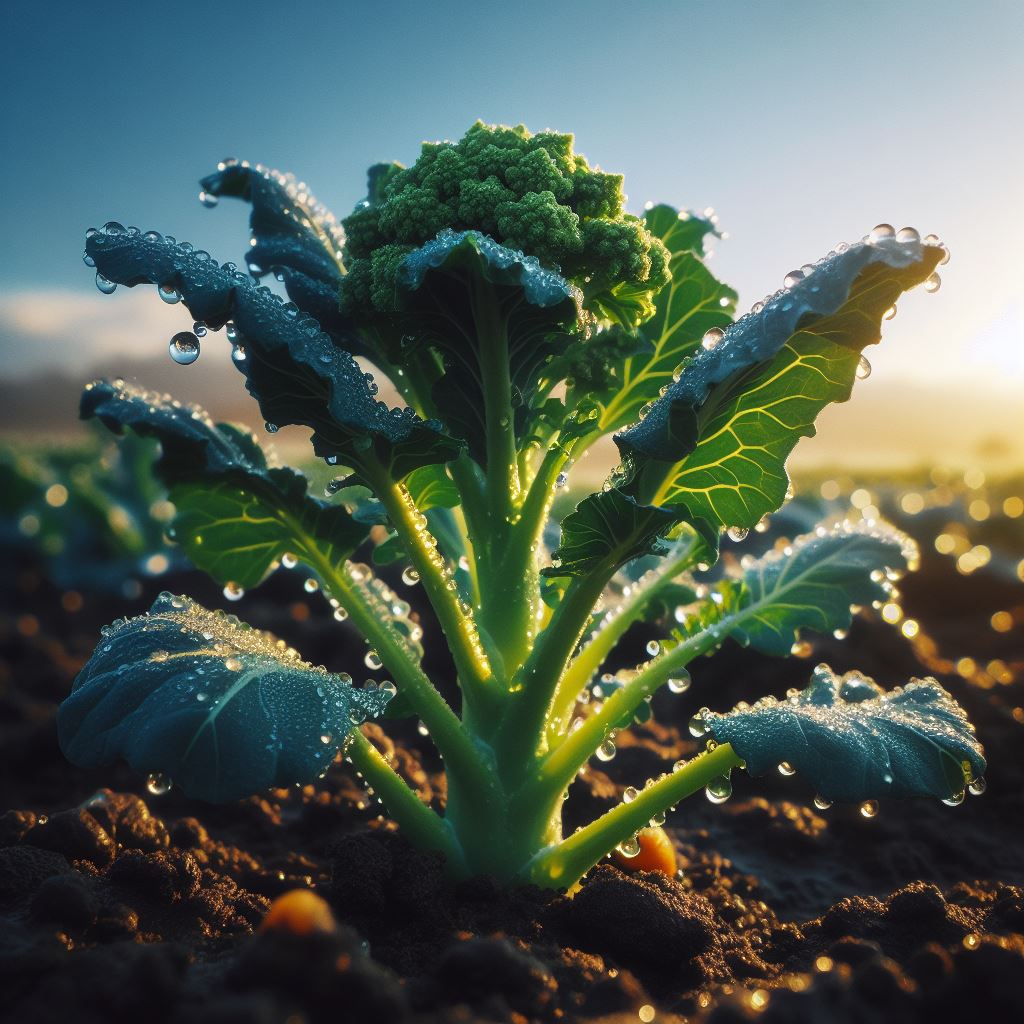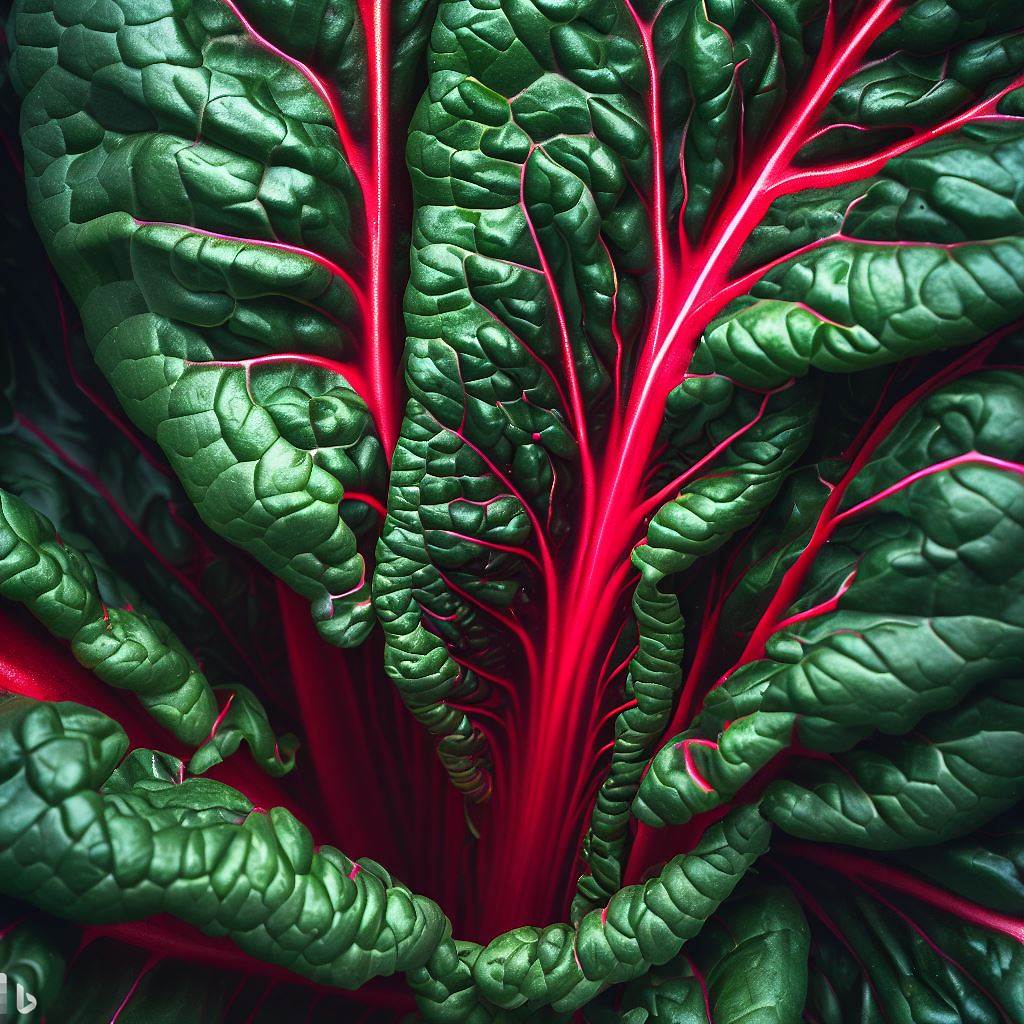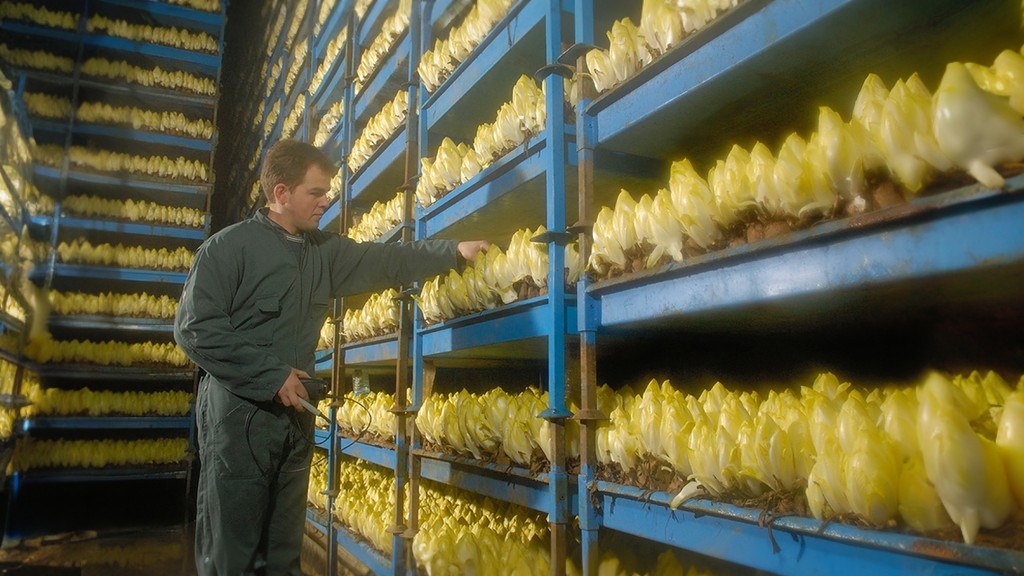Banana Shallots
Are you tired of using the same old ingredients in your recipes? If you’re looking to add a unique and flavorful twist to your dishes, then look no further than banana shallots. These small bulbs may seem unassuming, but they pack a powerful punch when it comes to taste.
Banana shallot seeds
Banana shallot seeds are not commonly used for growing banana shallots. Instead, banana shallots are typically propagated using sets or bulbs. Sets are small, immature shallot bulbs that are planted directly into the soil. This method ensures a higher success rate and faster growth compared to growing from seeds.
Farming of Banana Shallots
Banana shallots are cultivated through a farming process that involves specific techniques to ensure a successful harvest. The farming of banana shallots typically begins with selecting high-quality shallot bulbs for planting. The bulbs are planted in well-drained soil, preferably in raised beds or rows, with a spacing of about 6 to 8 inches between each bulb. As the shallots grow, it is important to manage weeds and provide proper nutrition through the application of organic fertilizers. Harvesting of banana shallots usually takes place when the leaves begin to dry and turn yellow. The bulbs are carefully dug out of the ground and allowed to cure in a dry, well-ventilated area.
1. Introduction
Banana shallots are a variety of shallots that are known for their elongated shape and mild yet sweet flavor. They are often used in cooking to enhance the taste of various dishes. In this article, we will delve deeper into the world of banana shallots and explore the many ways they can elevate your culinary creations.
2. What are Banana Shallots?
Banana shallots, scientifically known as Allium cepa var. aggregatum, are a type of onion species that belong to the Alliaceous family. They are closely related to onions and garlic but have their distinct characteristics that set them apart. These shallots are known for their elongated shape and reddish-brown papery skin.
3. Origin and Cultivation
Banana shallots have a rich history that dates back centuries. They are believed to have originated in the region of Southeast Asia and have been cultivated for their culinary and medicinal properties. Today, banana shallots are grown in various parts of the world, including France, the Netherlands, and the United Kingdom.
4. Characteristics of Banana Shallots
Banana shallots have several distinguishing characteristics that make them unique. They typically have a milder and sweeter taste compared to regular onions, making them a versatile ingredient in a wide range of recipes. The elongated shape of banana shallots also makes them easier to handle and chop compared to other shallot varieties.
5. Culinary Uses
Banana shallots are highly prized in the culinary world for their flavor and versatility. They can be used in both raw and cooked forms to add depth and complexity to various dishes. Their mild yet distinct taste makes them a perfect choice for sauces, dressings, stir-fries, soups, and stews. Additionally, they can be caramelized to create a rich and sweet flavor.
6. Health Benefits of Banana Shallots
Apart from their culinary uses, banana shallots offer several health benefits. They are rich in essential nutrients like vitamins, minerals, and antioxidants. These small bulbs contain compounds that have been associated with anti-inflammatory and anti-cancer properties. Including banana shallots in your diet can contribute to improved digestion, heart health, and immune function.
7. Growing Banana Shallots in Your Garden
If you’re an avid gardener or simply want to try your hand at growing your own produce, banana shallots are a great addition to your garden. They are relatively easy to grow and require minimal maintenance. With the right conditions and care, you can enjoy a bountiful harvest of these flavorful shallots.
8. Tips for Selecting and Storing Banana Shallots
When purchasing banana shallots, look for bulbs that are firm and free from any signs of decay or mold. The skin should be dry and papery. To store them, keep the shallots in a cool, dark, and well-ventilated place. Proper storage will help maintain their freshness and flavor for a longer period.
9. Delicious Recipes with Banana Shallots
Now that you’re familiar with banana shallots and their culinary uses let’s explore some delicious recipes that showcase their flavor. From creamy shallot mashed potatoes to caramelized shallot tart, these recipes will inspire you to incorporate banana shallots into your cooking and delight your taste buds.
10. Nutritional Profile of Banana Shallots
Banana shallots are not only flavorful but also offer a range of essential nutrients. They are a good source of vitamins C and B6, folate, potassium, and manganese. Additionally, they are low in calories and fat, making them a healthy choice for those watching their calorie intake.
12. Conclusion
In conclusion, banana shallots are small bulbs that pack a big punch when it comes to flavor. Their mild and sweet taste, along with their versatile culinary uses, make them a fantastic ingredient to experiment with in the kitchen. Whether you’re an aspiring chef or a home cook looking to add a twist to your recipes, banana shallots are sure to impress your taste buds and elevate your dishes.
13. FAQs
Can I use banana shallots in salads?
Absolutely! Banana shallots can add a delightful crunch and flavor to salads when thinly sliced or diced.
Are banana shallots genetically modified?
No, banana shallots are not genetically modified. They are a naturally occurring variety of shallots.
Do banana shallots have a long shelf life?
When stored correctly, banana shallots can last for several weeks or even a few months.
Are there any specific cooking techniques for banana shallots?
Banana shallots can be used in various cooking techniques, including sautéing, roasting, and pickling, depending on the desired flavor and texture.
Can I freeze banana shallots?
While it’s not recommended to freeze raw banana shallots due to their high water content, you can freeze cooked dishes that contain banana shallots for future use.
Can banana shallots be used as a substitute for regular onions?
Yes, banana shallots can be used as a substitute for regular onions in most recipes. However, keep in mind that their flavor is milder, so you may need to adjust the quantity accordingly.
Are banana shallots suitable for individuals with dietary restrictions?
Banana shallots are generally well-tolerated and can be enjoyed by individuals with various dietary restrictions. However, if you have specific allergies or sensitivities, it’s best to consult with a healthcare professional.
Can I grow banana shallots indoors?
While it’s possible to grow banana shallots indoors, they generally thrive better when planted in a garden or outdoor containers with ample sunlight.
How long do banana shallots typically last in storage?
When stored properly, banana shallots can last for several weeks to a few months. Remember to keep them in a cool and dry place.
Are there any alternative names for banana shallots?
Banana shallots are also known as Echelon shallots or banana onions in some regions.

